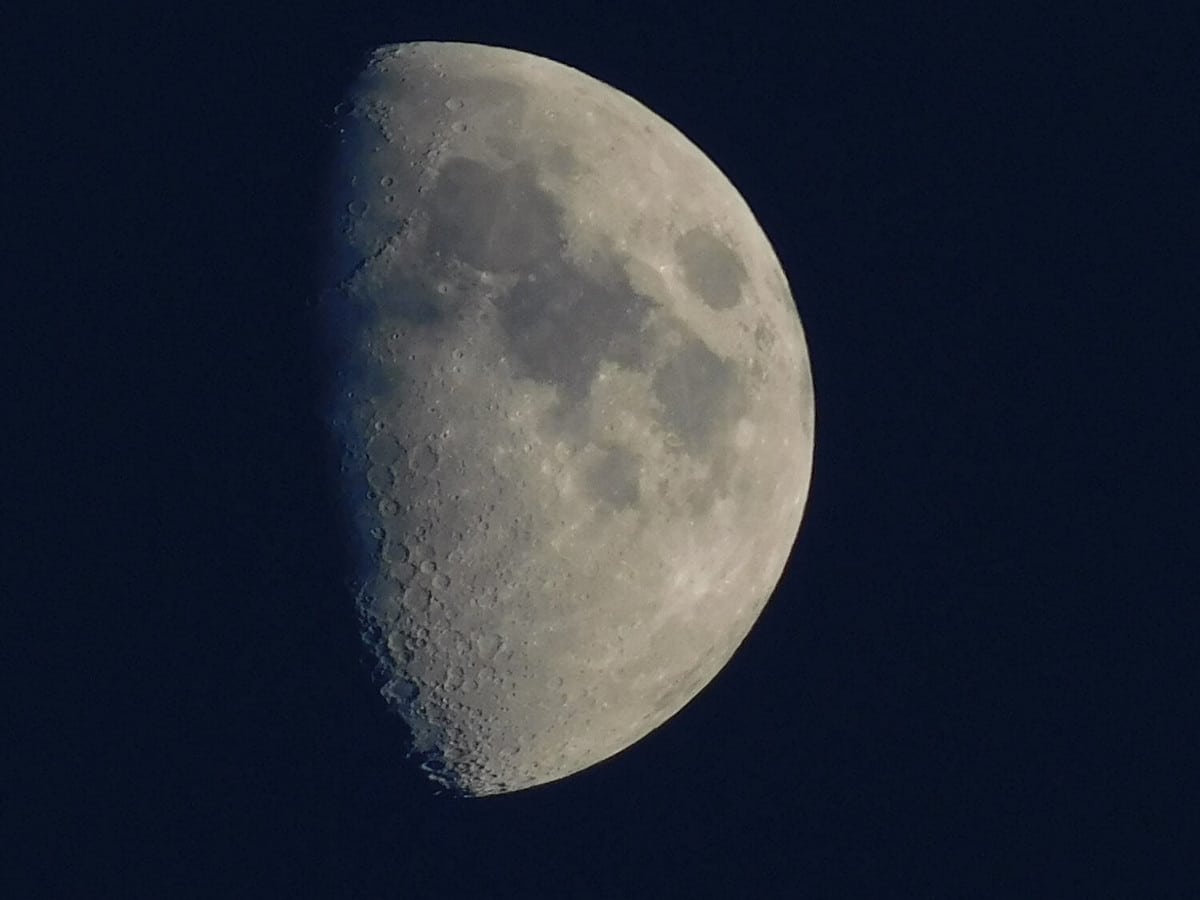Sunny San Diego, California can provide so much to see and do. San Diego’s top baby names for 2023 may surprise you. Do these baby names fit with your idea of San Diego locals? From Mateo, and Olivia to Liam, Emma, Noah, and even a few more unique options like Santiago. There are all kinds of gems among San Diego’s top baby names, and picking the right one can be an important step. So, read on to learn about San Diego’s top baby names, Whether you’re looking to imbue your new family member with a taste of that California spirit, or just enjoy learning about what kinds of names are popular in sunny San Diego, you’re in the right place.
In this post, you’ll get all kinds of ideas regarding potential baby names. Learn about San Diego’s top baby names, including where they are from, and what they mean. Meaning and origin can be important details to consider as you’re picking out a baby name. Does the popularity of a certain name on this list surprise you? Names often go through cycles of popularity. Sometimes their resurgence is sparked by a pop culture event, or inspired by a family name. Now, read on to learn all about San Diego’s top baby names for 2023; where they came from, and what they mean.
1. Liam
Starting with “Liam,” which is a variation of the classic name “William.” The name has roots in the Irish name “Uilliam,” and the Frankish name “Willahelm.” These iterations translate to “protector,” and “strong-willed.” The word “helm,” can mean the helmet worn by warriors, which is also a part of the overall meaning of this powerful name. No wonder it's one of San Diego's top baby names of 2023.
2. Olivia
Next up we have “Olivia,” which, according to the San Diego Tribune was also one of the top baby names in the area in 2022. “Olivia” is the feminized version of “Oliver,” which is a version of the name “Olive.” With roots in Norse, French, Latin, and English, the name is associated with symbols of peace, beauty, and fruitfulness. “Áleifr,” is the Norse variation, while “Olivier,” is the French, and “Oliva,” is the Latin. The Norse iteration translates to “ancestor's descendent” (via Very Well Family).
3. Mateo
Another of San Diego's top baby names in both 2022, and 2023, we have “Mateo.” According to Family Education, this name is a shortened version of the names “Matthew,” and “Mattiyahu.” It has roots in Latin, Italian, and Spanish. “Mateo,” in its many forms means “gift of God.” Other variations of the name may include “Matai, “Mateus,” “Matthias,” “Mattheson,” or “Massey.”
4. Emma
“Emma,” is a classic name that never seems to go out of style. It has Germanic roots in the word “ermen,” which means “whole,” or “universal.” What a nice message to impart to a beloved new family member. Famous Emmas include Emma Woodhouse of Jane Austen's novel Emma, historical figures, and a slew of iconic actresses (think Emma Watson, Emma Stone, Emma Thompson, etc.)
5. Noah
“Noah,” is a classically biblical name. Ever heard of Noah's Ark? The story from the Old Testament represents loyalty and perseverance in the face of adversity. The name is connected to the Hebrew word “Noach,” which translates to “rest.” It also has roots in the Babylonian word “nukhu,” with a similar translation as the Hebrew.

©Adao/Shutterstock.com
6. Camila
Next up, we have “Camila,” with roots in Spanish, Italian, Portuguese, and Latin. It translates to “an attendant at a religious ceremony,” or an “acolyte.” It can be interpreted as a religious follower. If you trace the meaning further back, it can be linked to the Greek word “kéleuthos,” which means “path.”
7. Sebastian
“Sebastian,” has roots in Latin, Greek, French, and Italian. In Latin, it translates to “venerable,” and “revered,” and was often utilized in reference to someone hailing from the town of Sebaste. Saint Sebastian is a Christian saint of athletes, archers, and martyrs. Variations on the name include Sébasteinne, and the feminized version Sebastiana (via Very Well Family).
8. Mia
“Mia,” has become a standalone name, but previously came from the names “Maria,” and “Miryam.” In Italian it means “mine,” and the variation “Mila,” is connected to Slavic languages, meaning “darling,” or “beloved.” It is popular in many areas of the world including Spain, Israel, Japan, Sweden, and Germany.
9. Julian
“Julian,” comes from Latin, French, and Greek from the name “Julianus.” It translates to “youthful,” and “downy.” Variations include “Julianne,” “Julia,” and “Julien.”
10. Sophia
The name “Sophia,” comes from the Greek words for “wisdom,” and “sophistication.” It is predominantly a name used for females, as the male variation is far less popular. While Sophia is for sure among San Diego's top baby names for 2023, have you ever met anyone with the name “Sophus”?
12. Isabella
“Isabella,” has a number of nicknames including “Isa,” “Isabel,” “Belle,” and “Bella.” It is the Italian and Spanish version of the name Elizabeth, with roots in the Hebrew name “Elisheba.” The name and its variations mean “God is my oath,” or “my salvation.”
13. Santiago
For one of the more unique names on San Diego's top baby names for 2023, we present “Santiago.” This name translates to “supplanter,” which can mean taking something powerfully, by force. It has roots in Hebrew, Latin, and Spanish. In Latin, it translates to Saint James, therefore it is tied to this classically English name as well (via Family Education).
14. Luna
And lastly, we have the name “Luna,” which comes from Latin, Spanish, and Italian. It means “moon.” The Roman moon goddess's name is “Luna.” It is a beautiful name to give a new baby.

©Slotrdc/Shutterstock.com
The image featured at the top of this post is ©Oksana Kuzmina/Shutterstock.com.
